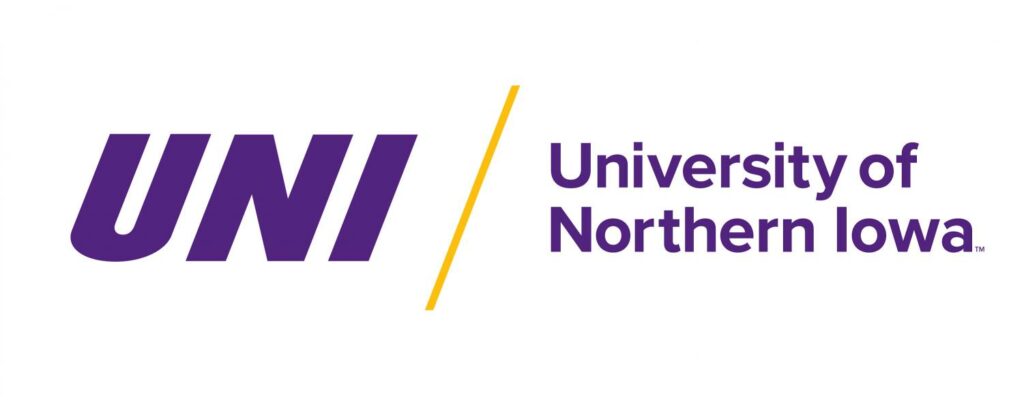Report quantifies value of leaders’ involvement in wellness initiatives

JOE GARDYASZ Dec 20, 2018 | 8:50 pm
1 min read time
328 wordsAll Latest News, Education, Health and WellnessLeaders’ efforts do make a big difference in whether an organization’s employee well-being initiatives are successful, according to a new research report.
The 2018 progress report from the Health Enhancement Research Organization (HERO) and Mercer offers fresh insights into the influence of leadership and organizational support on workplace well-being outcomes.
The report quantifies the extent to which well-being initiatives fare better when leaders are visibly supportive and involved. In particular, companies reported better outcomes when leaders recognize employees who have achieved success and when leaders actively participate in health and well-being initiatives themselves – two relatively simple and low-cost ways to boost performance. The report is based on responses from about 1,000 employers.
For instance, organizations whose leaders publicly recognized employees for their wellness efforts and achievements report an average health assessment completion rate of 61 percent of eligible employees, compared with just 48 percent for organizations in which leaders do not recognize employees.
“Even if you have an established, comprehensive program, a perceived lack of leadership support could prevent employees from participating and benefiting from these initiatives,” said Steven Noeldner, a senior total health management consultant with Mercer. “Leadership support costs very little to implement and can be as simple as celebrating employee efforts or sharing personal well-being goals and practices.”
Other trends highlighted in the report include:
• There is a higher prevalence of reported health improvement in organizations that offer targeted lifestyle management services than in those that do not (29 percent vs. 9 percent). The results are similar when looking at medical cost trend (36 percent when targeted services are present vs. 10 percent when they are not).
• When employers offer financial incentives, 72 percent of employees report satisfaction with well-being initiatives, compared with 66 percent when employers do not offer incentives.
• 56 percent of employers have a formal, written strategic plan in place for well-being; these employers report better outcomes on health improvement and medical trends than those that do not.
The 2018 progress report from the Health Enhancement Research Organization (HERO) and Mercer offers fresh insights into the influence of leadership and organizational support on workplace well-being outcomes.
The report quantifies the extent to which well-being initiatives fare better when leaders are visibly supportive and involved. In particular, companies reported better outcomes when leaders recognize employees who have achieved success and when leaders actively participate in health and well-being initiatives themselves – two relatively simple and low-cost ways to boost performance. The report is based on responses from about 1,000 employers.
For instance, organizations whose leaders publicly recognized employees for their wellness efforts and achievements report an average health assessment completion rate of 61 percent of eligible employees, compared with just 48 percent for organizations in which leaders do not recognize employees.
“Even if you have an established, comprehensive program, a perceived lack of leadership support could prevent employees from participating and benefiting from these initiatives,” said Steven Noeldner, a senior total health management consultant with Mercer. “Leadership support costs very little to implement and can be as simple as celebrating employee efforts or sharing personal well-being goals and practices.”
Other trends highlighted in the report include:
• There is a higher prevalence of reported health improvement in organizations that offer targeted lifestyle management services than in those that do not (29 percent vs. 9 percent). The results are similar when looking at medical cost trend (36 percent when targeted services are present vs. 10 percent when they are not).
• When employers offer financial incentives, 72 percent of employees report satisfaction with well-being initiatives, compared with 66 percent when employers do not offer incentives.
• 56 percent of employers have a formal, written strategic plan in place for well-being; these employers report better outcomes on health improvement and medical trends than those that do not.










